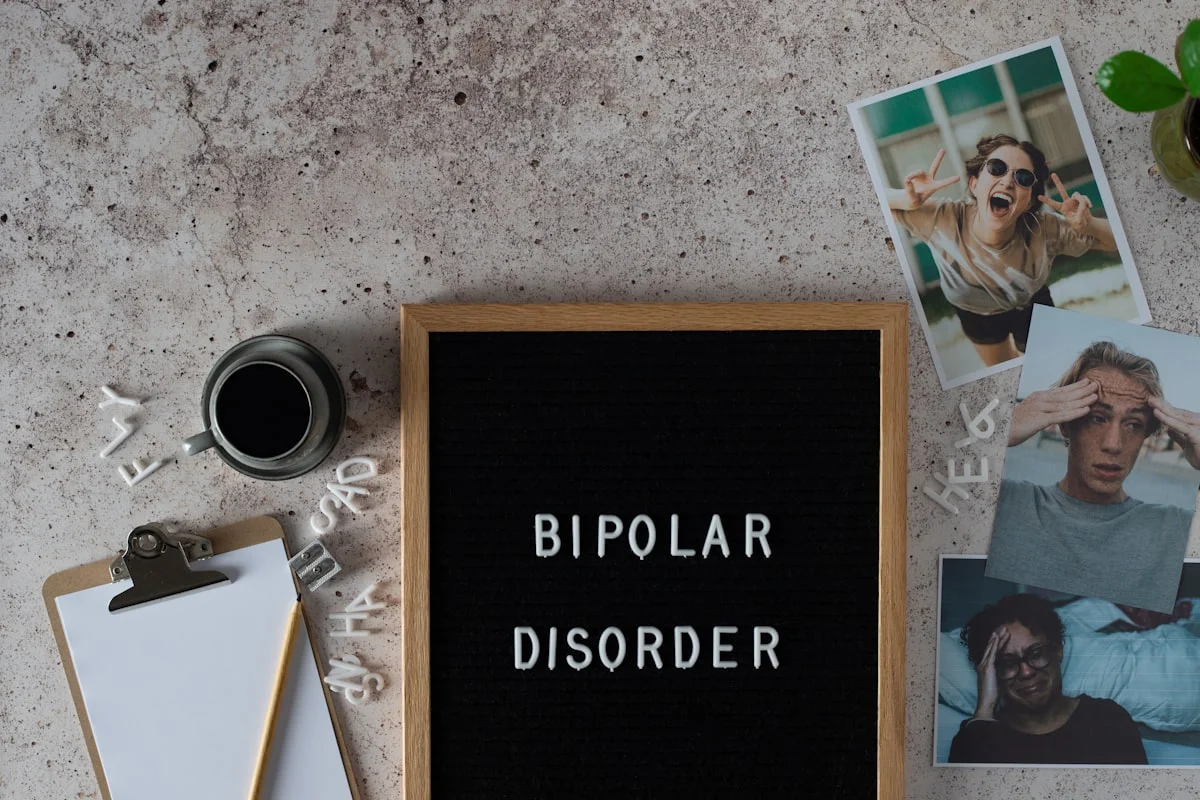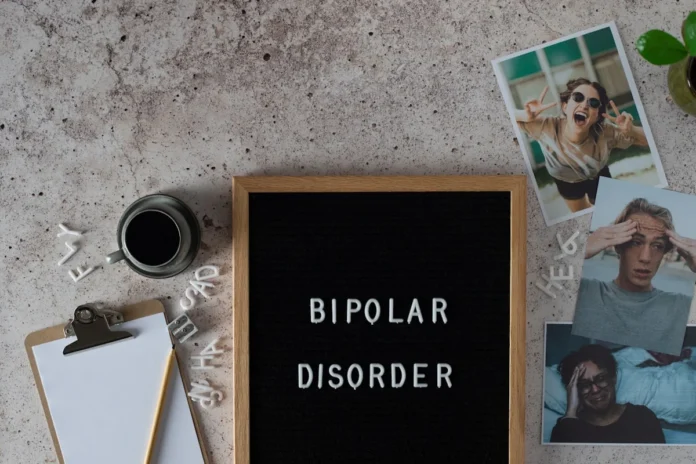“`html
Understanding Non-Stimulant ADHD Medications for Individuals with bipolar Disorder
Managing attention-deficit/hyperactivity disorder (ADHD) can be challenging on its own, but when combined with bipolar disorder, the complexity increases significantly. Stimulant medications, commonly prescribed for ADHD, can sometimes worsen mood instability in individuals with bipolar disorder. This makes non-stimulant ADHD medications a crucial alternative for those navigating both conditions. In this comprehensive guide, we’ll explore the role of non-stimulant ADHD medications, their benefits, potential risks, and how they interact with bipolar disorder.

Why Non-Stimulant ADHD Medications Are Important for Bipolar Patients
Stimulant medications like Adderall or Ritalin are often the first line of treatment for ADHD. However, for individuals with bipolar disorder, these medications can trigger manic or hypomanic episodes, worsen mood swings, or interfere with mood stabilizers. Non-stimulant ADHD medications provide a safer alternative because they do not have the same risk of exacerbating bipolar symptoms. Instead, they work through different mechanisms to improve focus, impulse control, and executive functioning without the potential for mood destabilization.
Common Non-Stimulant ADHD Medications
Several non-stimulant medications have been approved by the FDA for treating ADHD. These include atomoxetine (Strattera), guanfacine (Intuniv), and clonidine (Kapvay). Each of these medications works differently in the brain to manage ADHD symptoms. Atomoxetine, for example, is a selective norepinephrine reuptake inhibitor (NRI) that increases attention and reduces impulsivity. Guanfacine and clonidine, on the other hand, are alpha-2 adrenergic agonists that help regulate attention and behavior by affecting certain receptors in the prefrontal cortex.
How Non-Stimulant Medications Interact with Bipolar Disorder
One of the primary concerns when treating ADHD in bipolar patients is avoiding medications that could trigger mood episodes. Non-stimulant ADHD medications are generally considered safer because they do not directly increase dopamine levels, which is often linked to mania. However, individual responses can vary, and close monitoring by a healthcare provider is essential. Some patients may still experience side effects such as drowsiness, low blood pressure, or gastrointestinal issues, but these are typically milder compared to the risks posed by stimulants.
Benefits of Non-Stimulant ADHD Medications for Bipolar Patients
Non-stimulant medications offer several advantages for individuals with both ADHD and bipolar disorder. First, they provide a more stable treatment option without the highs and lows associated with stimulants. Second, they can be used alongside mood stabilizers or antipsychotics without significant interactions. Third, they may help improve emotional regulation, which is often a challenge for those with ADHD and bipolar disorder. By addressing ADHD symptoms without worsening mood instability, these medications can contribute to better overall mental health outcomes.
Potential Risks and Side Effects
While non-stimulant ADHD medications are generally safer for bipolar patients, they are not without risks. Atomoxetine, for instance, may cause increased anxiety or irritability in some individuals. Guanfacine and clonidine can lead to sedation, dizziness, or low blood pressure, especially when starting treatment. It’s crucial for patients to work closely with their healthcare providers to adjust dosages and monitor for any adverse effects. Additionally, abrupt discontinuation of these medications should be avoided to prevent rebound symptoms.
Integrating Non-Stimulant Medications with Bipolar Treatment Plans
Effective treatment for individuals with both ADHD and bipolar disorder often requires a multidisciplinary approach. Psychiatrists may prescribe a combination of mood stabilizers, antipsychotics, and non-stimulant ADHD medications to address both conditions. Therapy, such as cognitive-behavioral therapy (CBT) or psychoeducation, can also play a vital role in managing symptoms. Patients should maintain open communication with their healthcare team to ensure their treatment plan is tailored to their unique needs and adjusted as necessary.
Real-World Experiences and Clinical Insights
Many individuals with bipolar disorder and ADHD have found success with non-stimulant medications after struggling with stimulants. Clinical studies support the use of these medications, showing improvements in ADHD symptoms without significant mood destabilization. However, personal experiences vary, and what works for one person may not work for another. It’s important to approach treatment with patience and a willingness to adjust strategies under professional guidance.
Conclusion
For individuals with both ADHD and bipolar disorder, non-stimulant medications offer a promising treatment option that minimizes the risk of mood instability. While they may not be the right choice for everyone, their ability to improve focus and executive functioning without exacerbating bipolar symptoms makes them a valuable alternative. If you or a loved one is navigating these conditions, consult a qualified healthcare provider to explore whether non-stimulant ADHD medications could be part of an effective treatment plan.
“`



